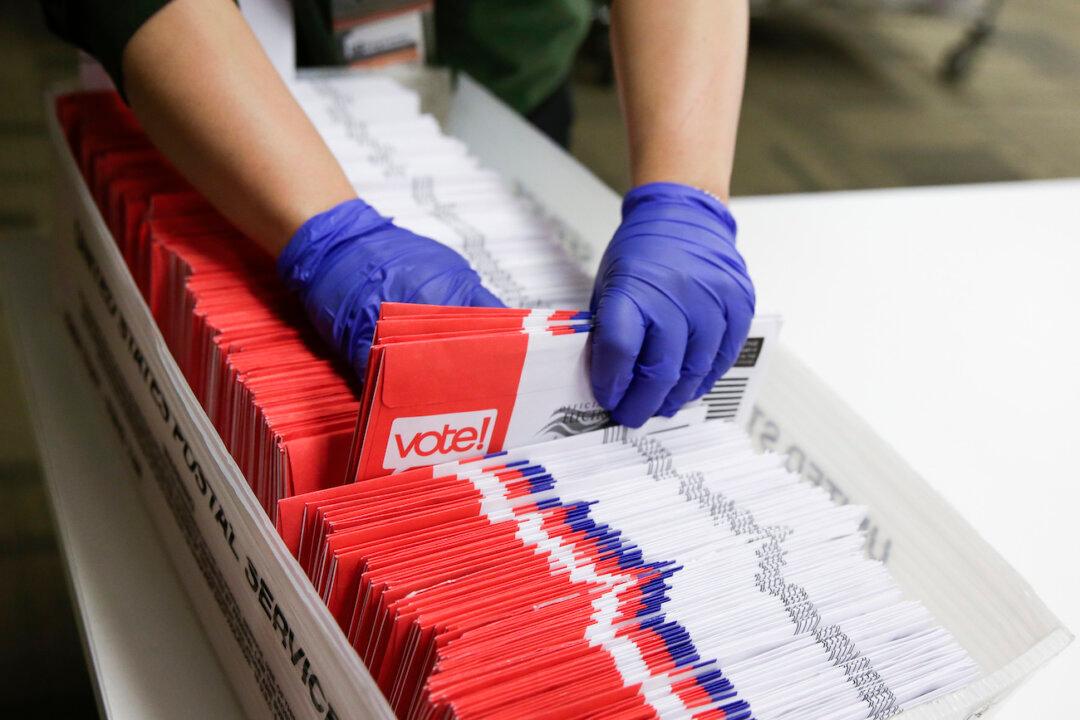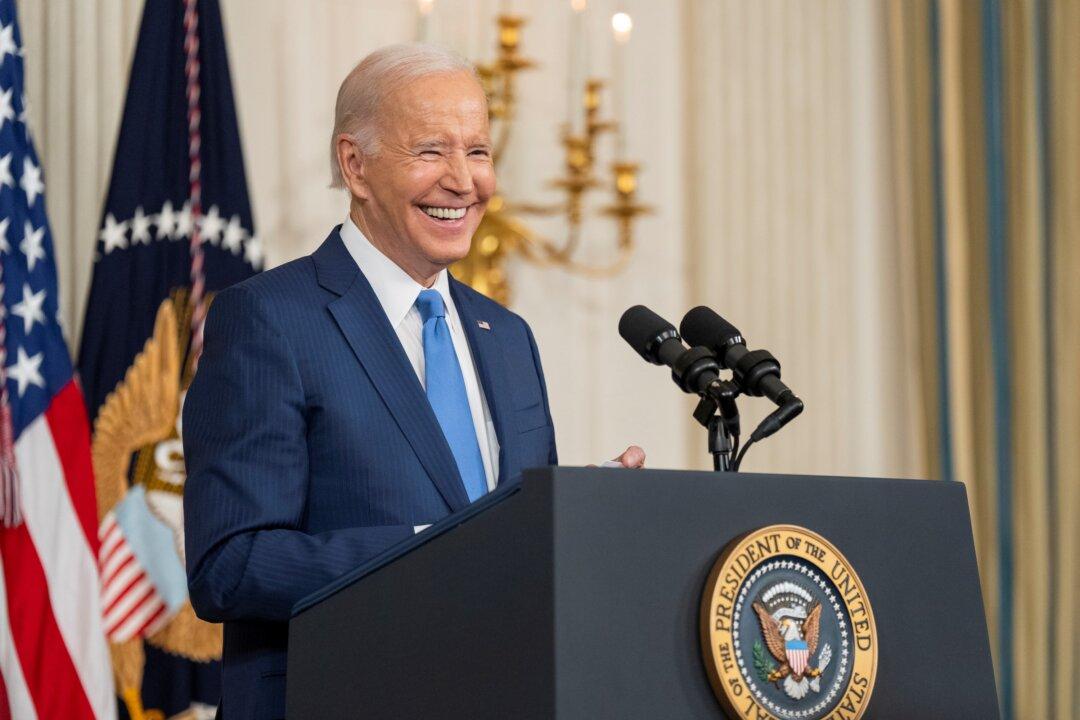A Chinese-dominated mining company has procured millions of dollars in American subsidies to extract lithium in the United States—but, given a dearth of U.S. processing capacity, the mineral is likely to be sent to China with no guarantee that the end product would return as batteries to power President Biden’s envisioned green economy.
Critics say the scenario would increase U.S. energy dependence on a hostile power—one accused of using forced labor in the manufacture of both lithium batteries and solar panels—and undercuts the Biden administration’s emphasis on domestic sourcing of green energy.






